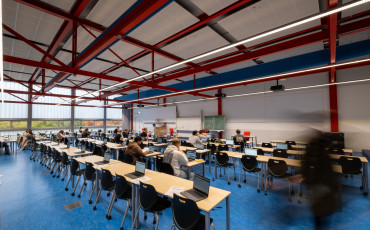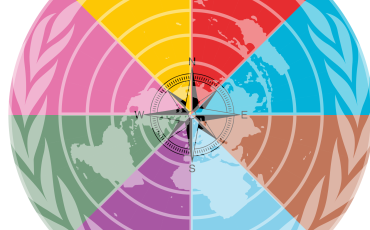Question: Which online courses and other online educational resources are available via SURF that I can use for remote teaching?
Answer: At SURF, we have been implementing the Open and Online Education Incentive Scheme (subsidy) on behalf of the Ministry of Education, Culture and Science, in which we encourage lecturers to get started with online education. The developed educational resources will be made available under an open license when the project is completed. Various online courses and other materials are available from the Open and Online Education incentive scheme:
- Anatomy tool, Leiden University, Maastricht University, and University of Amsterdam
AnatomyTOOL is a platform on which peer-reviewed qualitative open educational resources are available, suitable for studying and teaching Anatomy. For more background information on the platform, click here.
- Big History, University of Amsterdam
In the course Big History, all history, from big bang up to now, is integrated. For more background information about the course (in Dutch), click here.
- Bridging the gap, Utrecht University/UMC Utrecht and the Medical Business Education foundation
This Online Course deals with dealing with calamities in healthcare.
Three online courses have been developed for the following subjects:
- Calamities in healthcare (Dutch link)
- Costs and effects (Dutch link)
- Political decision-making in healthcare (Dutch link)
The online courses each consist of 3 videos of 7 to 10 minutes, in which prominent speakers give lectures on the subject. Background information in the form of references to books, articles, websites and background videos can be found for each course.
- Community of Online Course, Hanze University of Applied Sciences
Hanze University Groningen has expanded the MOOC Introductory Course to Economics with the online education community Community of Open Online Course (COOC). Videos were made with professionals and international lecturers who provide a bridge between theory and practice from an international perspective.
For more background information about the project, click here (Dutch).
- Environmental Toxicology, VU Amsterdam, Wageningen University&Research, Utrecht University, Open University and Radboud University
VU Amsterdam, together with 65 authors, has published a peer-reviewed online textbook that is suitable as a study book. This provides an up-to-date overview of the field of environmental toxicology. The study book is modular in design and available online. For more background information about the project (in Dutch), click here.
- Public International Law, Utrecht University
Utrecht University has made enriched knowledge clips in which doctrines of international law are explained and questions are asked that are discussed in education. Short topics (so-called bites) cover specific topics that are difficult for students to understand in general. For more background information about the project (in Dutch), click here.
More results of the incentive scheme for open and online education can be found here (Dutch).
Share digital educational resources via a national platform
SURF is developing a search portal that makes a large and varied range of digital educational resources accessible for lecturers and students in one place. The digital educational resources developed within the incentive scheme will be available on this platform in the short term. Currently 10 educational institutions and professional communities are experimenting with this platform for sharing educational resources from their own educational institution.




0 Praat mee